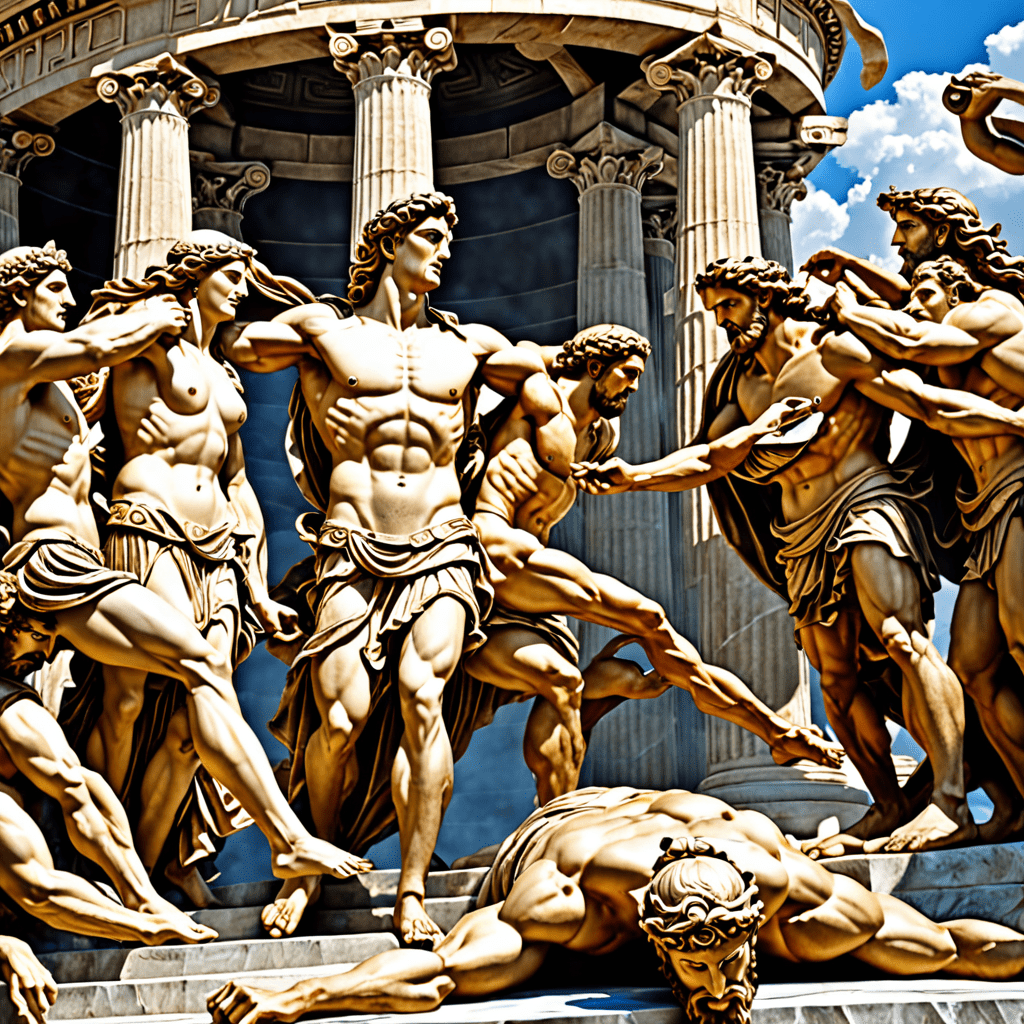The Fascinating World of Greek Mythology
Greek mythology, with its captivating tales of gods, heroes, and monsters, has remained a significant influence in literature and culture for centuries. The ancient Greeks used myths to explain the world around them, and these stories have left a remarkable legacy in the realm of art, literature, and beyond.
1. The Origins of Greek Mythology
Greek mythology originated in ancient Greece and was a fundamental part of the culture. The myths were passed down orally and were later recorded by poets like Homer and Hesiod. These stories encompassed a wide array of characters, from powerful gods like Zeus and Athena to tragic heroes like Achilles and Odysseus.
2. Impact on Literature
Greek mythology has profoundly influenced literature across the ages. Many classical works, such as “The Odyssey” and “The Iliad” by Homer, draw heavily from Greek myths. Authors like Shakespeare, Milton, and Joyce have also incorporated elements of Greek mythology into their writings, adding depth and complexity to their narratives.
3. Themes and Motifs
Themes such as heroism, fate, and the struggle between gods and mortals are prevalent in Greek mythology and have seeped into various genres of literature. The concept of hubris, or excessive pride, often leads to tragic outcomes—a motif seen in works like “Oedipus Rex” by Sophocles and “Antigone” by Euripides.
4. Continued Influence
Even in modern times, Greek mythology continues to inspire writers, filmmakers, and artists. From the fantasy world of J.K. Rowling’s Harry Potter series to the epic storytelling of films like “Clash of the Titans,” the enduring appeal of Greek myths proves their timeless relevance and power to captivate audiences.
FAQs about Greek Mythology and Its Impact on Literature
What is Greek Mythology?
Greek mythology refers to the body of myths and stories belonging to the ancient Greeks, concerning their gods and heroes, the nature of the world, and the origins and significance of their own cult and ritual practices.
How has Greek Mythology influenced literature?
Greek mythology has had a profound impact on literature by inspiring countless works of fiction, poetry, drama, and art. Many writers and artists have drawn upon Greek myths as a source of inspiration, creating timeless pieces that continue to captivate audiences worldwide.
Which famous literary works have been influenced by Greek Mythology?
Some of the most famous literary works influenced by Greek mythology include Homer’s epic poems “The Iliad” and “The Odyssey”, as well as countless works by playwrights like Euripides, Sophocles, and Aeschylus. Additionally, modern authors such as Rick Riordan have also found inspiration in Greek myths for their novels.
How does Greek Mythology continue to impact literature today?
Even in modern times, Greek mythology continues to influence literature by providing a rich tapestry of characters, themes, and motifs that resonate with audiences. Writers often reinterpret and adapt Greek myths to explore contemporary issues and bring a fresh perspective to age





